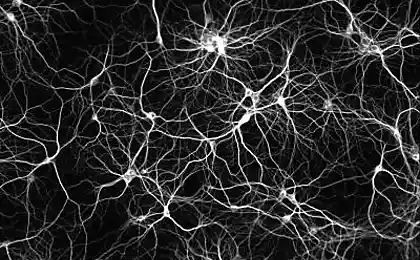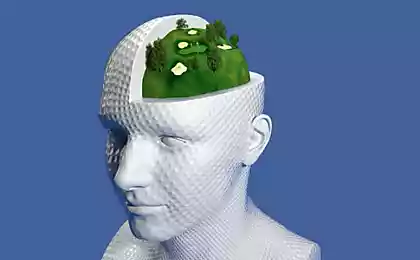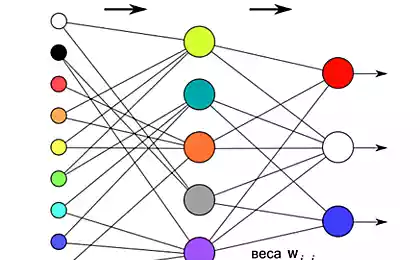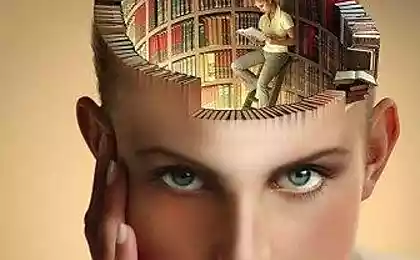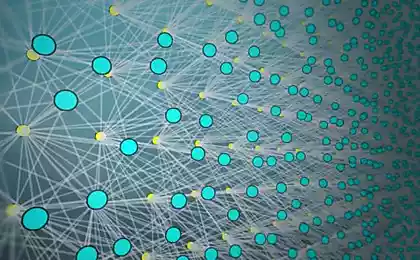162
Even in sleep, the brain understands and hears words.
I have a habit of sleeping under the TV. I turn on a channel and slowly fall asleep. Turns out it's harmful. It is unlikely that the brain will remember from what you hear, not all information is equally useful. Be vigilant and think about the background that surrounds you in your dream.
Experiments conducted by researchers at the École Normale Supérieure in Paris have shown that during long periods of slow sleep we continue to hear and understand words unconsciously. The study was published in the Journal of Neuroscience.
In a dream, we practically do not react to external stimuli and are unable to move: these processes are inhibited in the brain at a “low” level. However, some stimuli can break through this blockage and cause us to wake up and regain consciousness. Perhaps the brain maintains a certain level of alertness by monitoring the safety of the environment. This ability was studied by Sid Kouider and his colleagues.
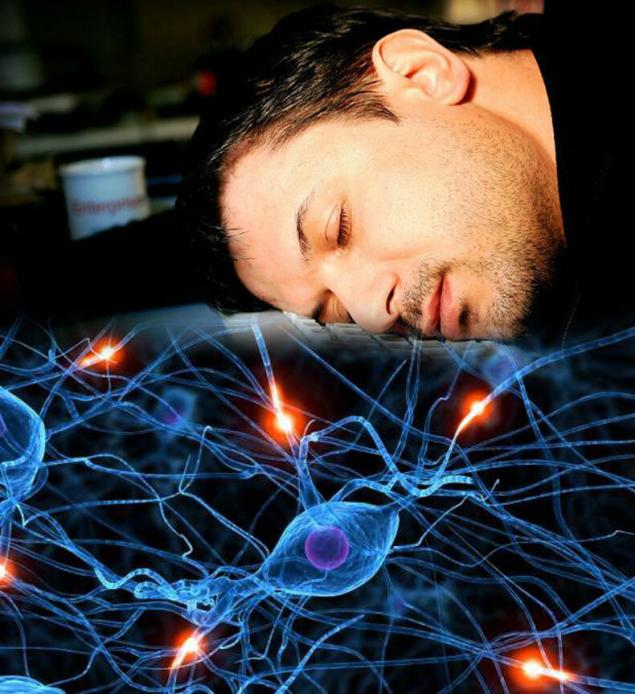
For the experiments, they selected 23 young healthy volunteers who slept in the laboratory under the supervision of scientists. To begin with, the experimenters read them various words (in their native language) and with the help of an electroencephalogram (EEG) monitored the activity of the brain of the awake subjects while they pressed a button: under the left hand, if the word meant an object, and under the right, if the animal. This allowed to establish the typical patterns of electrical activity of the brain associated with the movement of the left and right hands.
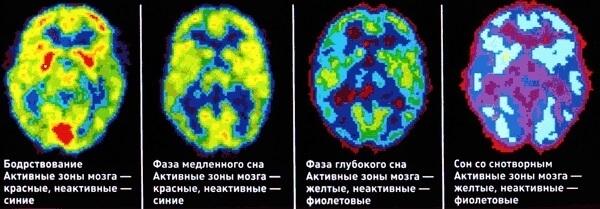
These experiments were then repeated during different phases of sleep: light slow (the longest phase), deep slow, and rapid REM sleep (in which we tend to dream). Removing the EEG allowed us to know whether the brain reacts, trying to give a signal to the hand, whether it understands the spoken word.
As it turned out, in REM sleep, the brain recognizes words only if they sounded in the first stage of the experiment; there was no response from the nervous system to new words. With light, slow sleep, the reaction was complete to both the already sounded and the new words. But during deep slow sleep, no brain activity was observed.
Scientists believe that the lack of response during deep slow-wave sleep is associated with a massive “shutdown” of brain neurons. At the same time, in REM sleep, the excitation of neurons by external stimuli competes with the excitation caused by dreams. This weakens their response, and it only occurs in response to familiar words that more easily excite “trained” neural networks.
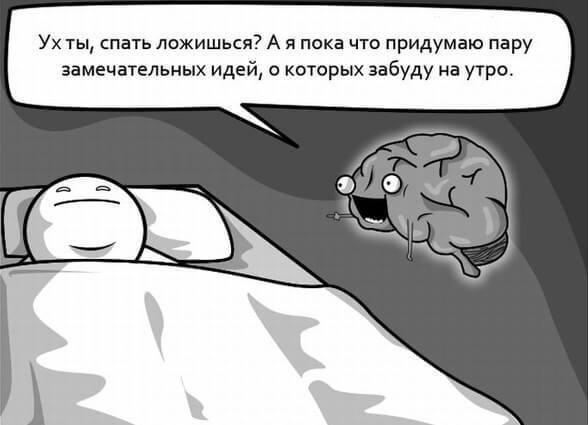
It is worth noting that the theory of “watchpoints” in the cerebral cortex that support wakefulness even in sleep conditions was put forward by the founder of the physiology of higher nervous activity, Nobel Prize winner Ivan Petrovich Pavlov.
Badgir: how to fight hell heat in the ancient world
Old age is in our heads.
This idea was prompted, among other things, by experiments with hypnosis: it is known that ordinary sleep can be turned into hypnotic and suggestions made in it, which are most often worse remembered by the patient than in the conditions of transferring consciousness from wakefulness to an altered state, even without a special setting for forgetting. published
P.S. And remember, just by changing your consciousness – together we change the world!
Source: denis-balin.livejournal.com/3700166.html
Experiments conducted by researchers at the École Normale Supérieure in Paris have shown that during long periods of slow sleep we continue to hear and understand words unconsciously. The study was published in the Journal of Neuroscience.
In a dream, we practically do not react to external stimuli and are unable to move: these processes are inhibited in the brain at a “low” level. However, some stimuli can break through this blockage and cause us to wake up and regain consciousness. Perhaps the brain maintains a certain level of alertness by monitoring the safety of the environment. This ability was studied by Sid Kouider and his colleagues.

For the experiments, they selected 23 young healthy volunteers who slept in the laboratory under the supervision of scientists. To begin with, the experimenters read them various words (in their native language) and with the help of an electroencephalogram (EEG) monitored the activity of the brain of the awake subjects while they pressed a button: under the left hand, if the word meant an object, and under the right, if the animal. This allowed to establish the typical patterns of electrical activity of the brain associated with the movement of the left and right hands.

These experiments were then repeated during different phases of sleep: light slow (the longest phase), deep slow, and rapid REM sleep (in which we tend to dream). Removing the EEG allowed us to know whether the brain reacts, trying to give a signal to the hand, whether it understands the spoken word.
As it turned out, in REM sleep, the brain recognizes words only if they sounded in the first stage of the experiment; there was no response from the nervous system to new words. With light, slow sleep, the reaction was complete to both the already sounded and the new words. But during deep slow sleep, no brain activity was observed.
Scientists believe that the lack of response during deep slow-wave sleep is associated with a massive “shutdown” of brain neurons. At the same time, in REM sleep, the excitation of neurons by external stimuli competes with the excitation caused by dreams. This weakens their response, and it only occurs in response to familiar words that more easily excite “trained” neural networks.

It is worth noting that the theory of “watchpoints” in the cerebral cortex that support wakefulness even in sleep conditions was put forward by the founder of the physiology of higher nervous activity, Nobel Prize winner Ivan Petrovich Pavlov.
Badgir: how to fight hell heat in the ancient world
Old age is in our heads.
This idea was prompted, among other things, by experiments with hypnosis: it is known that ordinary sleep can be turned into hypnotic and suggestions made in it, which are most often worse remembered by the patient than in the conditions of transferring consciousness from wakefulness to an altered state, even without a special setting for forgetting. published
P.S. And remember, just by changing your consciousness – together we change the world!
Source: denis-balin.livejournal.com/3700166.html
This procedure — the rescue for tired skin
10 most popular releases of the newsreel "Wick". Humor and satire from the Soviet Union


